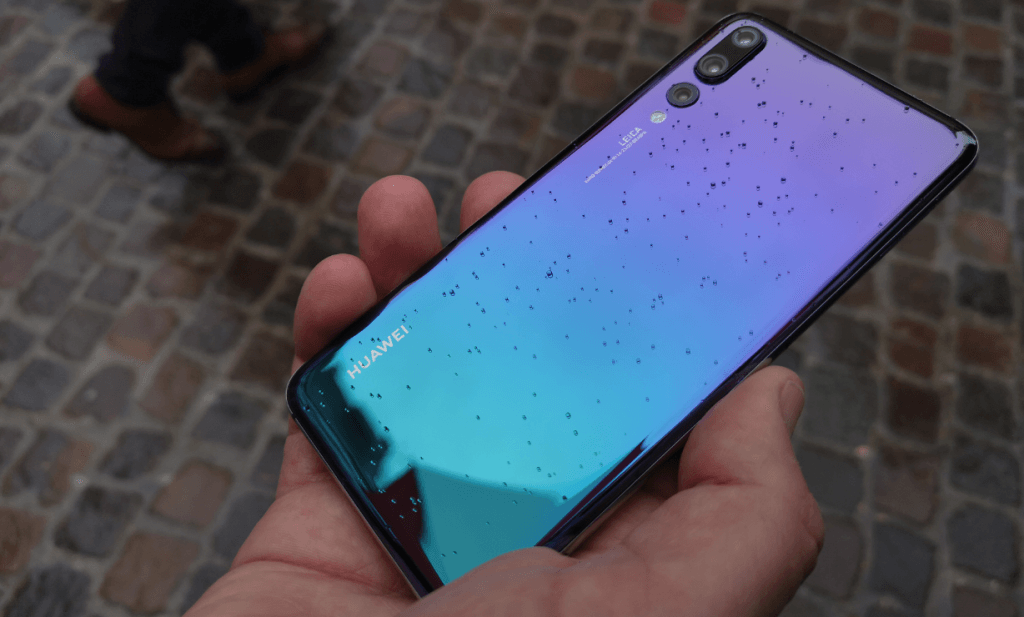By Matt Field
Citing national security risks, the US government effectively shut the Chinese telecommunications equipment maker Huawei out of the domestic market last week, a shot at China that the Trump administration happened to be taking amid an escalating trade war with Beijing. But Washington is also working to convince its allies to block Huawei from building out their next generation communications networks—an argument that is proving difficult to make, because Huawei offers such consistently low prices.
Sure, countries and big telecommunications companies have their concerns about Huawei. European cellular giant Vodafone Group Plc, for instance, acknowledged last month that even after asking Huawei to remove software backdoors that would allow it to gain access to Vodafone systems in Italy, the problem persisted. Nevertheless, London-based Vodafone will still use Huawei equipment in its future networks. That’s a receptive attitude toward Huawei that Vodafone shares with the UK government. The United Kingdom decided not to ban Huawei from its 5G network outright, but instead to limit the company to building peripheral components.
In trying to make the case against Huawei, the US government points to a Chinese law that forces companies to cooperate in government intelligence work and to China’s long history of industrial espionage. US officials worry Beijing could use Huawei as a tool to spy or disrupt critical infrastructure. But along with the United Kingdom, some countries are deciding that they can restrict Huawei to building out the so-called edge of their 5G networks—which will power self-driving cars and other internet-of-things applications. And TheWashington Post reported today that the international acceptance of Huaweimay have to do with more than simply the quality of the company’s products.
Thanks to more than $200 million last year in Chinese government grants, state financing for customers in the developing world, and guaranteed market share in China, Huawei is able to offer advanced equipment at a fraction of the price of its competitors. A Dutch telecommunications company, for instance, decided to use Huawei after the company undercut rival Ericsson by 60 percent. “You can’t compete with someone who gives stuff away for free,” Hosuk Lee-Makiyama, a Brussel’s-based analyst, told the Post.
When it comes to ginning up business in the developing world, Chinese state-owned banks are willing to dole out $100 billion to Huawei clients, loans that come with below market interest rates. By comparison, the Post reported that the US Export-Import Bank distributed $200 million in new loans to all customers in 2017.
Some European officials worry that President Donald Trump might reverse the restrictions the US is placing on Huawei, and if they go along with US pressure to block the company, all they’ll be doing is needlessly angering China. Given that US moves against the company are coming during a trade war and at a time when issues of economic competitiveness and national security are being closely linked, it’s an understandable concern.

No comments:
Post a Comment